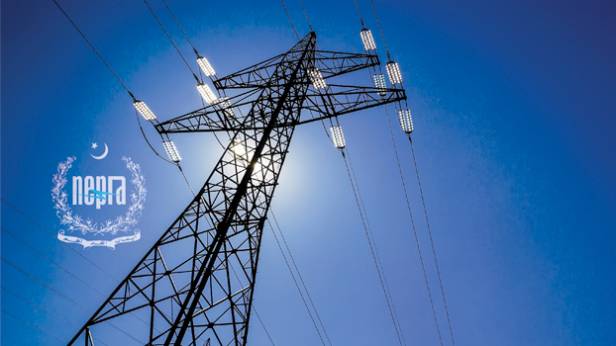
ISLAMABAD: A key legal change has been approved by a senate body to clip the powers wielded by National Electric Power and Regulatory Authority (Nepra) on Thursday.
According to the senate body decision, a tribunal would be established which would be able to challenge Nepra’s decision, reported an English daily.
The current law only permitted Nepra’s decisions to be challenged in a court of law, but this amendment would allow the setting up of a tribunal which could force the regulator to reassess its decision.
The senate standing committee on energy (Petroleum Division) approved Regulation of Generation, Transmission and Distribution of Electric Power (Amendment) Bill 2017 which suggests setting up of a technical appellate body which could challenge Nepra’s decisions and ask it to be re-reviewed.
Two bills related to energy sector including Private Power Infrastructure Board (Amendment) Bill 2017 was taken up for consideration during the committee’s meeting, chaired by Senator Mir Israrullah Zehri.
Originally, the bills had been put forth by Minister for Power Division Awais Leghari on January 24th, which senate chairman sent the bills to standing committee on energy for deliberation and had demanded a report within a month.
During deliberation of Private Power Infrastructure Board (Amendment) Bill 2017, the committee decided to evaluate the bill in its next meeting after receiving specifics from Alternative Energy Development Board.
Mr. Leghari told the committee the bills had already been approved by Parliament. He added provinces had demanded revision in Nepra rules for experience of members to be reduced from 15 to 10 years, although age limit had been decreased to 62 years to get efficient personnel.
Eight revisions were recommended in the Regulation of Generation, Transmission and Distribution of Electric Power (Amendment) Bill 2017 by Senator Saleem Mandviwalla.
Mr. Mandviwalla stated the Council of Common Interests (CCI) had given go-ahead for revisions in power sector laws, which would progressively be executed in a five-year period and carrying them out in one go would create issues.






